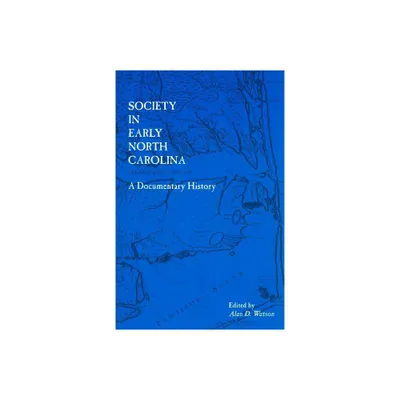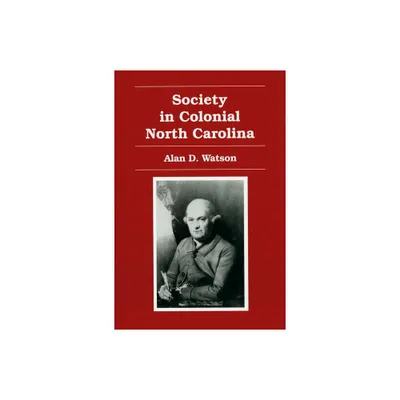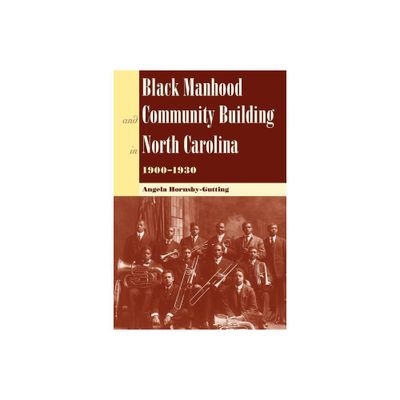Home
Schooling the New South: Pedagogy, Self, and Society in North Carolina, 1880-1920 / Edition 2
Loading Inventory...
Barnes and Noble
Schooling the New South: Pedagogy, Self, and Society in North Carolina, 1880-1920 / Edition 2
Current price: $42.50


Barnes and Noble
Schooling the New South: Pedagogy, Self, and Society in North Carolina, 1880-1920 / Edition 2
Current price: $42.50
Loading Inventory...
Size: OS
*Product Information may vary - to confirm product availability, pricing, and additional information please contact Barnes and Noble
Schooling the New South
deftly combines social and political history, gender studies, and African American history into a story of educational reform. James Leloudis recreates North Carolina's classrooms as they existed at the turn of the century and explores the wide-ranging social and psychological implications of the transition from old-fashioned common schools to modern graded schools. He argues that this critical change in methods of instruction both reflected and guided the transformation of the American South. According to Leloudis, architects of the New South embraced the public school as an institution capable of remodeling their world according to the principles of free labor and market exchange. By altering habits of learning, they hoped to instill in students a vision of life that valued individual ambition and enterprise above the familiar relations of family, church, and community. Their efforts eventually created both a social and a pedagogical revolution, says Leloudis. Public schools became what they are today--the primary institution responsible for the socialization of children and therefore the principal battleground for society's conflicts over race, class, and gender. Southern History/Education/North Carolina
deftly combines social and political history, gender studies, and African American history into a story of educational reform. James Leloudis recreates North Carolina's classrooms as they existed at the turn of the century and explores the wide-ranging social and psychological implications of the transition from old-fashioned common schools to modern graded schools. He argues that this critical change in methods of instruction both reflected and guided the transformation of the American South. According to Leloudis, architects of the New South embraced the public school as an institution capable of remodeling their world according to the principles of free labor and market exchange. By altering habits of learning, they hoped to instill in students a vision of life that valued individual ambition and enterprise above the familiar relations of family, church, and community. Their efforts eventually created both a social and a pedagogical revolution, says Leloudis. Public schools became what they are today--the primary institution responsible for the socialization of children and therefore the principal battleground for society's conflicts over race, class, and gender. Southern History/Education/North Carolina


















